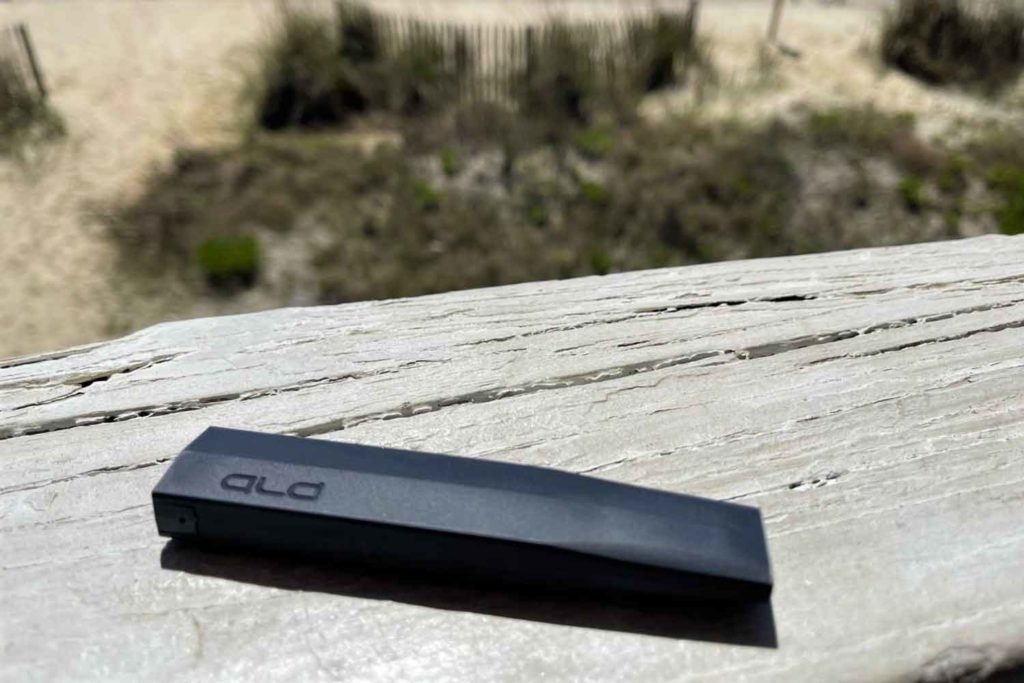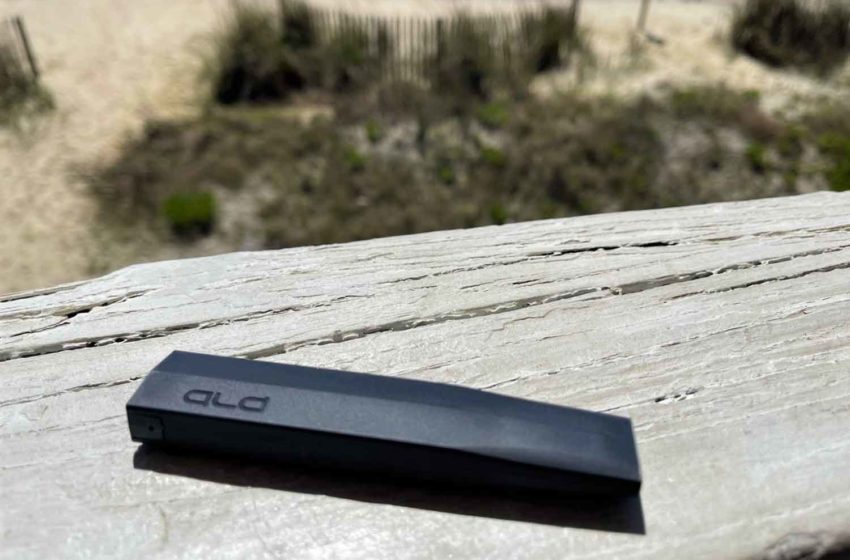
ALD Group is designing products that will help combat the growing concerns surrounding e-cigarette waste.
By Timothy S. Donahue
Disposable e-cigarettes produce a lot of waste. Many of today’s most popular vaping products are designed to be discarded after one use. While less wasteful than disposables, single-use plastic pod products also generate a lot of waste as pods can’t be recycled due to the residues left over from e-liquids. As the vaping industry converts more combustible cigarette smokers, vapor manufacturers are seeking to develop products that are less impactful on the environment.
ALD Group, a leading China-based e-cigarette manufacturer, said that many industries are also facing new environmental regulatory requirements in some markets and that consumers are demanding more sustainable products. Business owners are responding by investing more in corporate social responsibility programs and the R&D required to create more environmentally friendly products. However, those goals come with challenges.
One of the issues ALD faced in the development of its new disposable products was that traditional recycling programs for vaping products were time-consuming, inefficient and costly. Manufacturers struggled to keep retailers and consumers actively participating in recycling programs, such as e-waste drop-off sites. ALD wanted to develop an eco-friendly vape solution that satisfied consumers and used biodegradable and recyclable materials. The company wanted to redefine vaping systems to align with eco-friendly trends.
ALD Group founder and President Eric Ding told Tobacco Reporter that ALD’s vision is inseparable from society and the environment. Innovation is part of ALD’s mission, and with social responsibility as a core principle, its new disposable product is “at the very heart” of ALD, according to Ding.
“Before the development of this product, we always made a concerted effort in promoting environmental protection and awareness, including the implementation of power-saving management systems, regular environmental protection activities and so on,” Ding said. “While we are always developing products in response to challenges being confronted in the global market, ALD balances this with paying close attention to the reminders and warnings from the natural environment. It is ALD’s view that the uncontrolled production and disposal of single-use products that contain plastics, chemicals, batteries, etc., is ecologically damaging and cannot be sustained.”
The latest ALD vaporizer is equipped with the company’s innovative iCot coil technology, which is the subject of more than 60 patent applications. Currently named the “Eco-friendly, Biodegradable Vape Solution” (EBVS), the new device was created in response to customer and market demand. Last year, numerous international tobacco customers approached ALD with requests to make e-cigarettes more environmentally friendly, ALD said in a statement.
“Additionally, our insights are that reducing the carbon footprint of products will become a mainstream demand over the next two [years] to three years,” the statement said. “There are existing policies which point to these developments, such as requirements for the Environmental Protection Agency in the United States, packaging regulations in Europe and so on.” The EBVS device was created through the “redefinition of materials, structure and appearance.” There were also several breakthroughs in heat resistance, endurance, chemical resistance and other properties. However, the company is not yet sharing many of these innovations until after the product goes to market.
“The key focus of the development process was improvement of product structure and the evaluation of the materials’ properties. Following this step, there was the inspection and evaluation of the finished product’s performance and research on the safety of the aerosol. The project has so far gone through two years of development.”
The ALD eco-friendly vape solution’s plastic components use an innovative combination of biodegradable raw materials that obtained the German DIN CERTO biodegradable certification. The shell of the device and the structural parts don’t come into contact with e-liquid and are all made of biodegradable materials.
“The innovative factor is that our extensive research showed that in the e-cigarette sector, there was currently no ready-made solution for the application of biodegradable materials. During development, we screened dozens of materials, repeatedly verified product performance and, finally, determined the seven best mix[es] of materials,” ALD stated. “Our processes included the verification of material strength, chemical resistance, extractability and degradability.
“Additionally, this product can be easily disassembled with special tools. We have achieved this through an innovative structural design. If the product is recycled, the battery and electronic parts can be recovered easily because of the easy-to-disassemble structure. Also, 100 percent of its structural parts (i.e., plastic parts, which amount to 23 percent of the product’s total weight) are degradable after disassembly. If the product is not recycled, the plastic parts are still degradable naturally in the landfill.”
The EBVS product will be available in all ALD markets, according to ALD. The Engineering Validation and Testing evaluation was completed in mid-2021, and the shelf life and biodegradability testing are expected to be completed in mid-2022. The launch date for ALD’s new product is planned for mid-2023.


